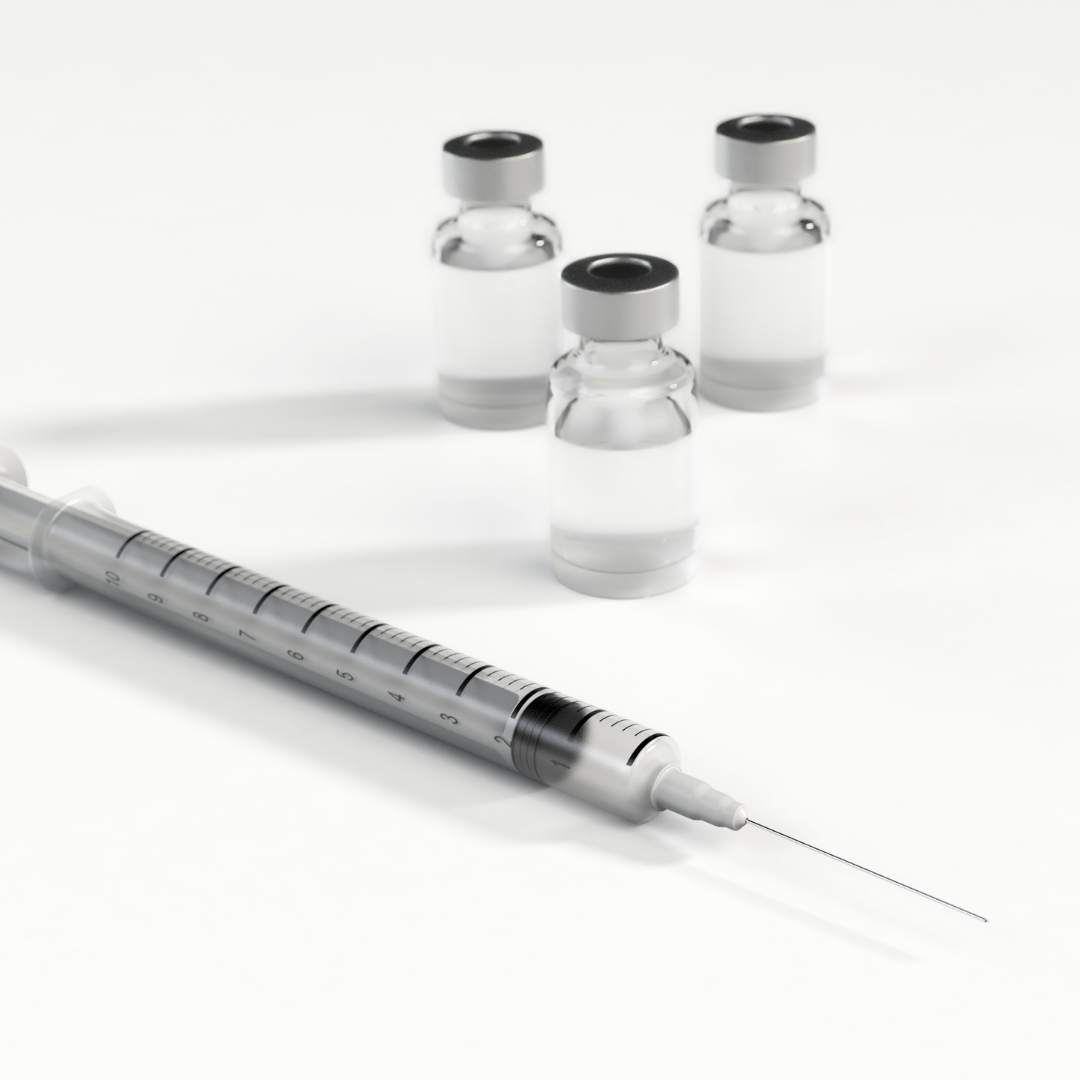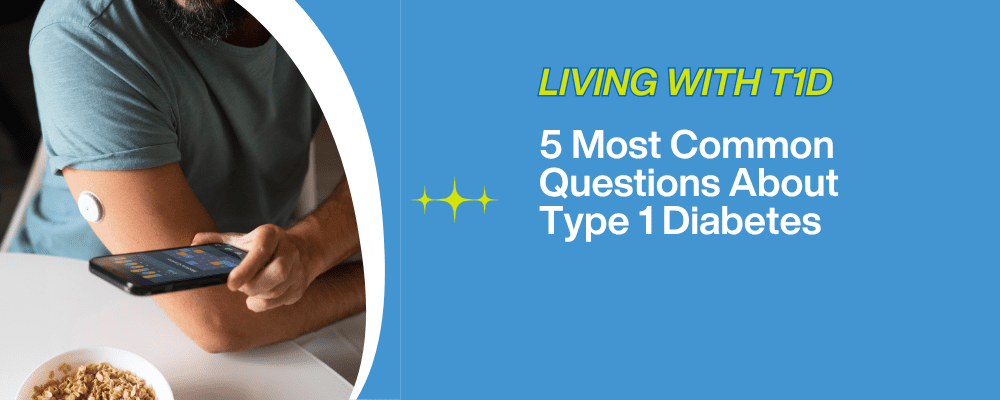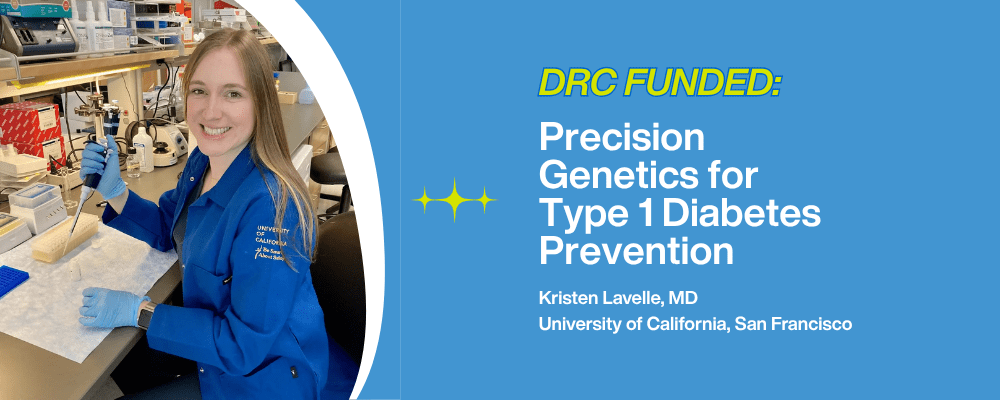Type 1 diabetes (T1D) is characterized by the destruction of insulin-producing pancreatic beta cells. This leaves the body unable to regulate blood sugar levels on its own effectively and requires individuals to administer insulin throughout the day. T1D is one of many autoimmune disorders that affect children and adults.
A recent study found that a drug already approved by the FDA to treat other autoimmune diseases, including rheumatoid arthritis, psoriatic arthritis, ankylosing spondylitis, and ulcerative colitis, may also be effective in treating T1D. Though it is not a cure, it may help preserve existing pancreatic beta-cell function in newly diagnosed patients and reduce the amount of external insulin needed to manage blood glucose levels.
The medication, known as golimumab, is a human monoclonal antibody that blocks a protein involved in abnormal inflammatory and immune responses. Researchers administered the medication every two weeks for 52 weeks to a group of 56 children and young adults between the ages of 6 and 21. Another 28 participants received a placebo. All participants were newly diagnosed with type 1 diabetes and were free from other autoimmune diseases.
Throughout the year, each participant kept a record of how much insulin they used each day, what their blood glucose level was, and if they had any occurrences of hypoglycemia. At the end of the trial, the results showed that the children and young adults who received golimumab had higher 4-hour C-peptide AUC levels than those in the control group (0.64 vs. 0.43). This means that those receiving the medication produced more natural insulin (endogenous insulin) than those who received the placebo and required less insulin therapy.
There can be advantages to requiring lower doses of insulin, making golimumab attractive to some individuals with T1D. Though still undergoing clinical testing to treat type 1 diabetes, the medication may become one more option for patients to help them better manage their health.
Though not involved with this study, the Diabetes Research Connection (DRC) is interested to see how future clinical trials play out and whether golimumab is approved as a therapeutic agent for type 1 diabetes. The DRC is committed to improving understanding, treatment, and management of the disease and finding a cure one day. Learn more about how to support these efforts by visiting http://localhost/drc.
Please DONATE NOW so DRC can keep bringing you credible, peer-reviewed T1D news and research.
Thank you




